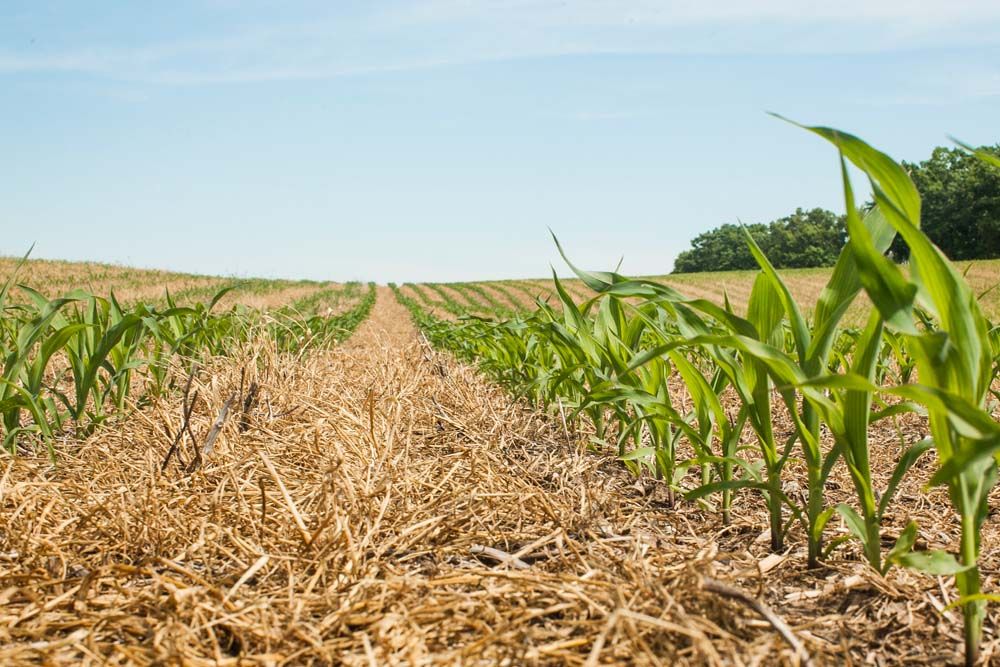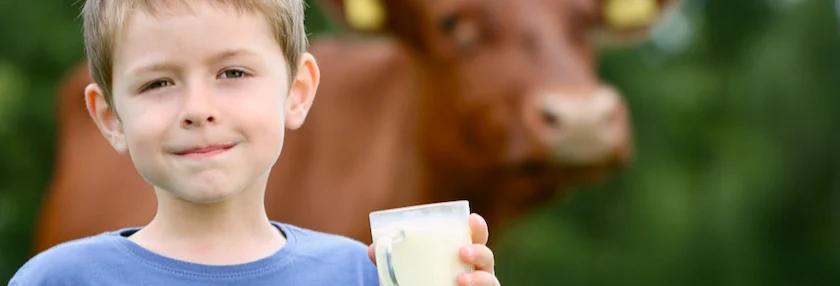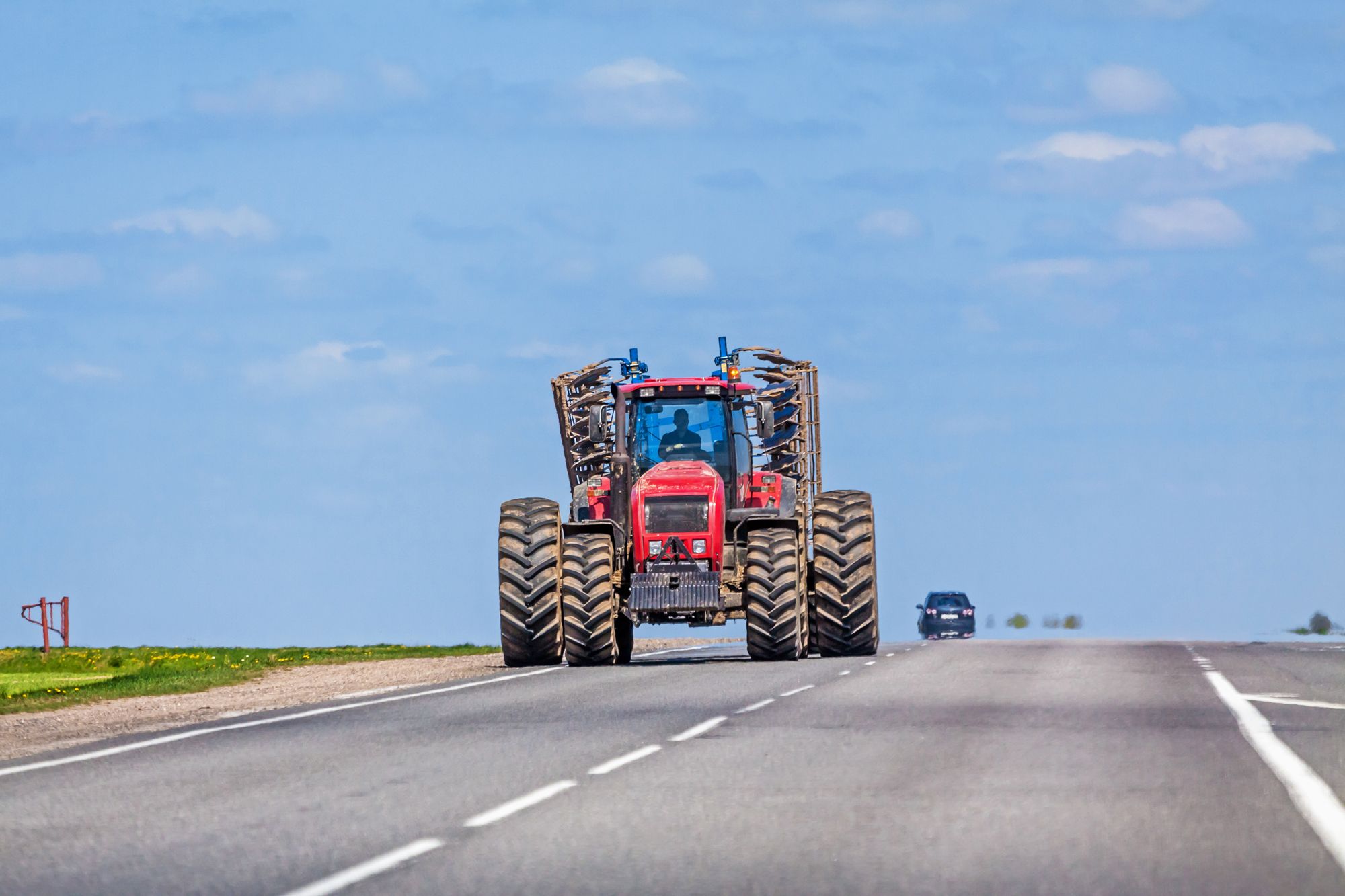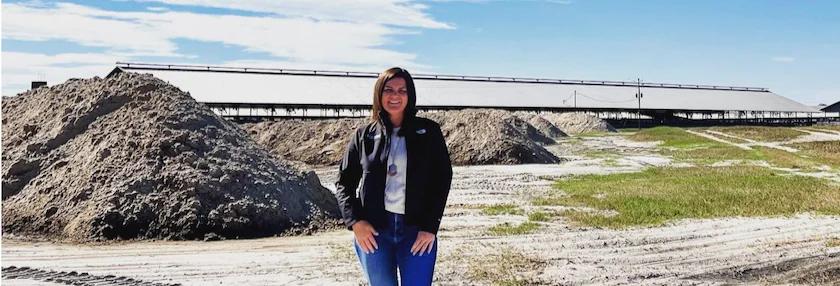Animal Rights 101
What You Need to Know About Extremists


Animal rights continues to be an incendiary topic in animal agriculture and it seems like animal rights extremists consistently make the news. Let’s examine animal rights extremists and the tactics they use.
Defining the Issues
Animal rights is the belief that animals have “rights” and should be free from the service of humans, which includes research, food production, hunting, and more.
People that believe in animal rights often profess that animals should have the same rights as humans and that in some cases, there shouldn’t even be a distinction between animals and people. For livestock, this means that many activist groups push for legislation to end animal agriculture.
In contrast, animal welfare refers to the state of an animal and how they are treated. Good animal welfare practices are what livestock producers (and anyone with animals) should strive to achieve. This term is generally what actual livestock producers say when referencing improving animal ag, however many activist groups use the term incorrectly.
Taking Direct Action
Legislation is a common tactic used by extremist groups today. California’s Proposition 12 is a piece of legislation supported by animal rights groups that should already be on your radar. Prop 12, upheld by the Supreme Court, prohibits:
“… a farm owner or operator from knowingly causing any covered animal to be confined in a cruel manner, as specified, and prohibits a business owner or operator from knowingly engaging in the sale within the state of shell eggs, liquid eggs, whole pork meat or whole veal meat, as defined, from covered animals confined in a cruel manner.”
— Source: California Department of Food and Agriculture
This is just one example of how activist groups support legislation that will further their cause.
These groups also use the “right to rescue” campaign as a way to advocate for a legal right to “rescue” animals. When extremist groups go undercover and notice an animal that is “abused,” they will “rescue” it—by trespassing onto a farm and taking an animal without permission.
The use of “undercover” videos also remains a significant activist tactic. Some extremists will go as far as getting a job on a farm and staging animal abuse. This is then filmed and used as an “undercover” video made to make farmers look bad and mislead those without significant knowledge of animal agriculture. Undercover videos have been used by activists as evidence in trials.
Then there are “direct actions” taken against farmers, ranchers, and food workers. These actions include vandalism, trespassing, “animal liberation,” cyberattacks, arson, product tampering, harassment, and intimidation.
Consequently, some farms have decided to up their security measures if they are concerned about activist activity.
Media and More
Pressure campaigns that target brands is another popular tactic. This normally entails pressuring a large food company into committing to reduce sourcing for animal-based food products and increase the use of plant-based alternatives.
The use of social media, celebrity influencers, mass protests, and misleading food and health scares are tactics groups employ. There are also groups pushing to involve more youth, especially since Gen Z is known as being a particularly outspoken outspoken generation.
Some animal rights groups are connected by collaborating on projects, sharing funding, and transferring staff members.
Typically, activist groups have significant funding, most of which is used on advertising campaigns and lobbying for legislation. Even groups like the ASPCA, which claims to “rescue and protect” animals, have come under fire because most donations they receive are used for fundraising, advertising, lobbying, and paying high-ranking staff members, not to actually improve animal welfare or rescue animals.
While these groups often claim that their goals are to “improve animal welfare” or “improve sustainability,” it’s important to remember that these groups’ goal is to erase animal agriculture.
Wayne Hsiung, the co-founder of extremist group Direct Action Everywhere (DxE) has gone as far as saying “we are trying to destroy animal agriculture.”
These groups won’t stop any time soon. They will continue to make misleading claims and advertisements, lobby for legislation that furthers their cause, and complete “direct actions.”
It is up to us in agriculture to commit to improving animal welfare and ag education in an effort to ensure consumers aren’t misled by these groups. It is also up to us in agriculture to continue monitoring and responding to these extremist groups.
Tags:The Farm Babe

Acreage Life is part of the Catalyst Communications Network publication family.
















